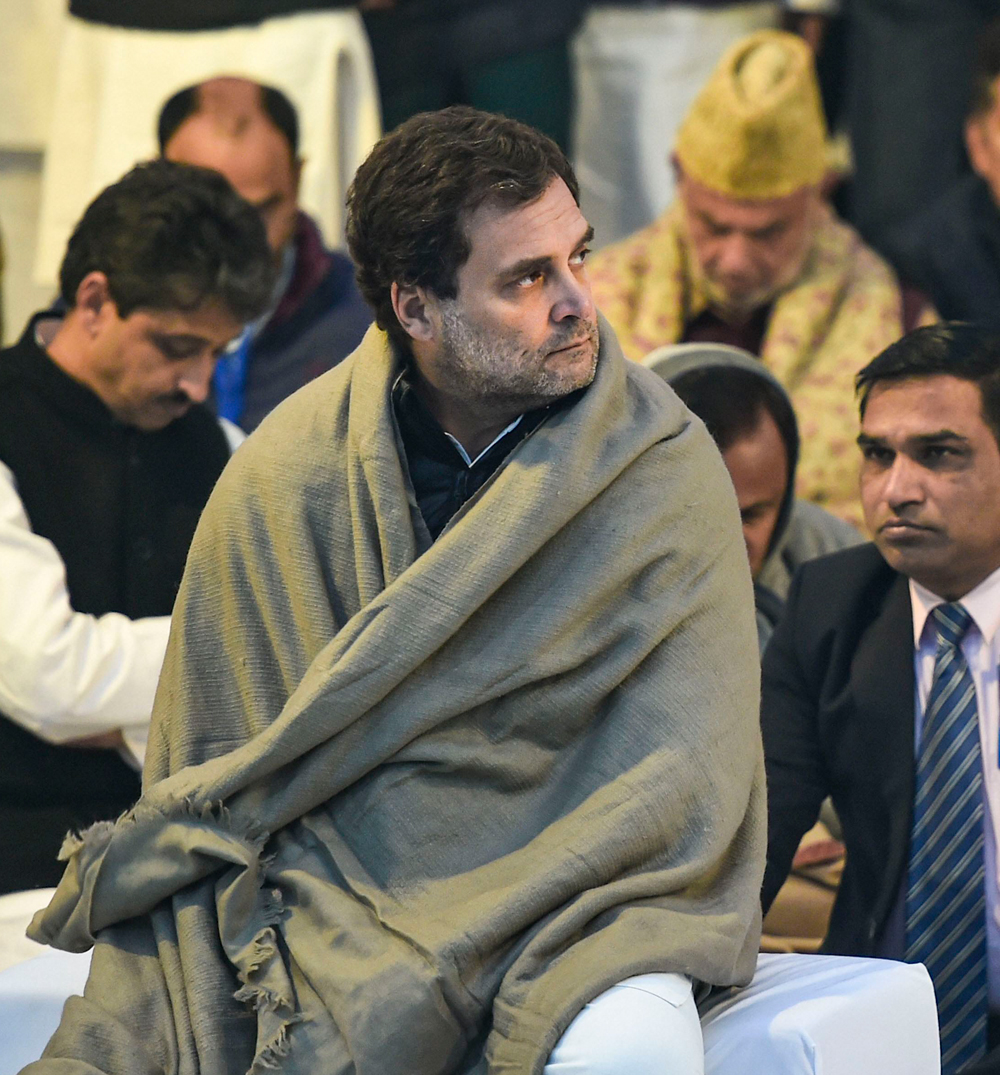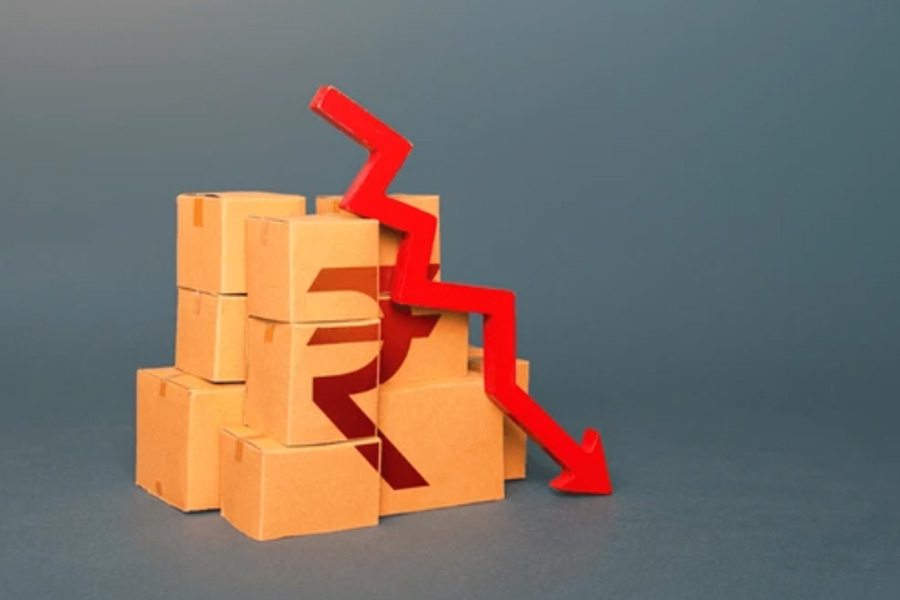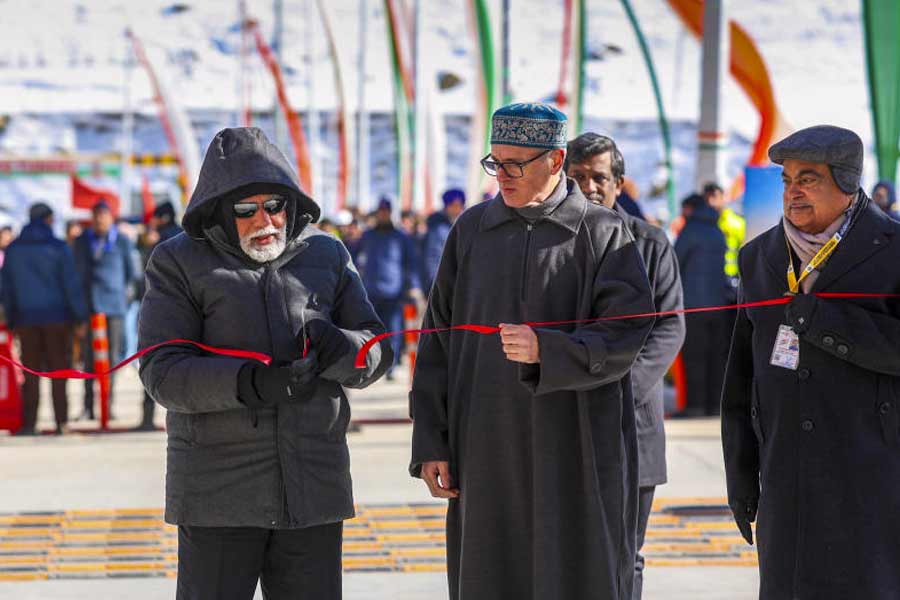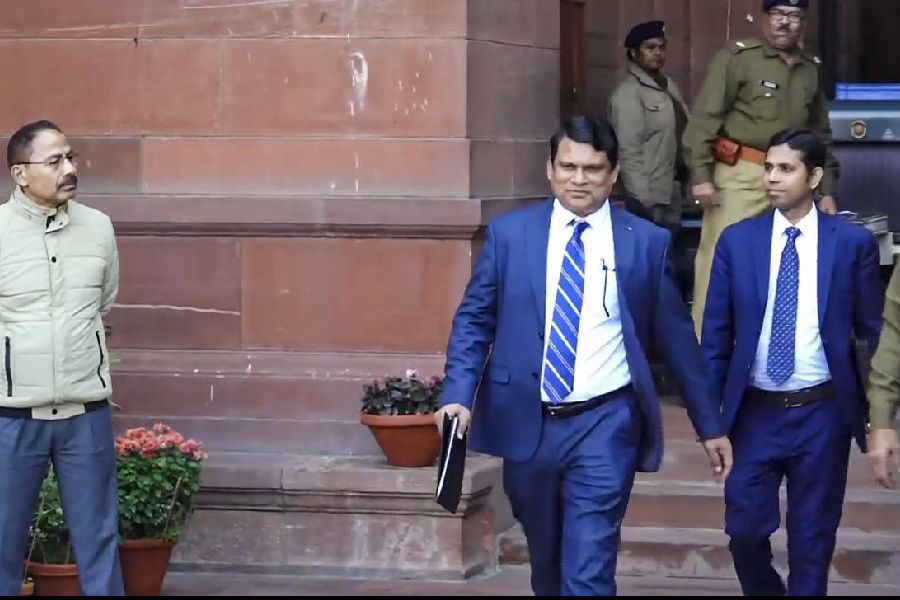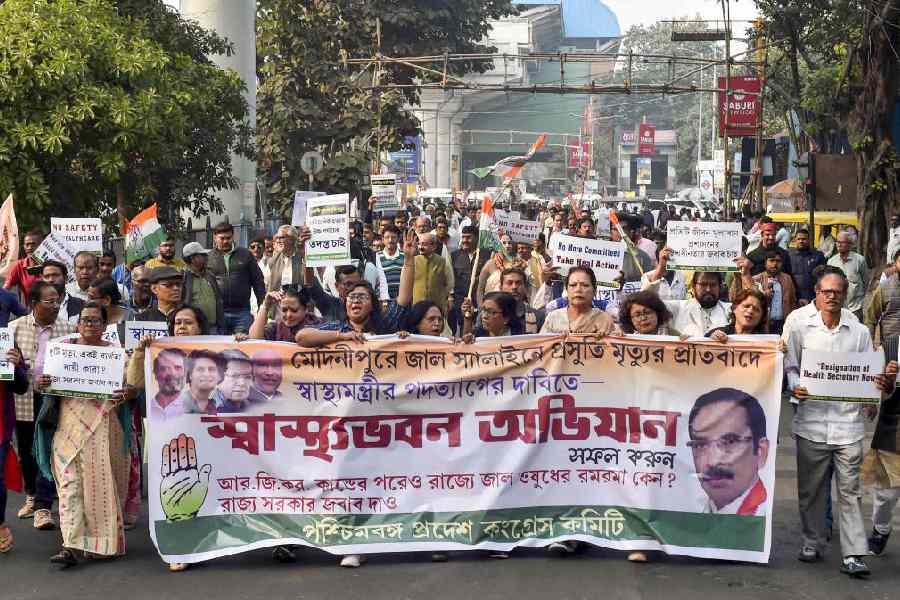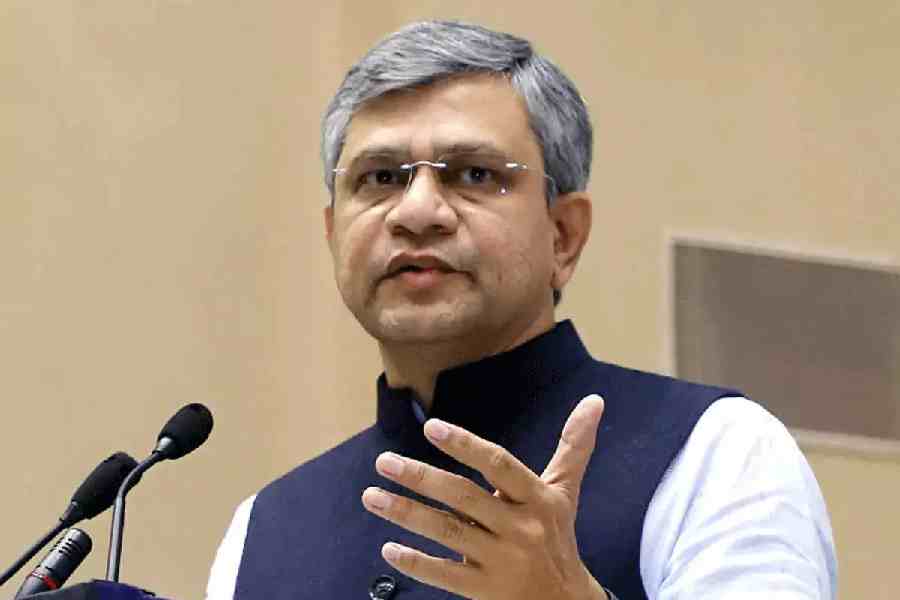Jharkhand brought glad tidings as the Congress leadership sat in protest at Mahatma Gandhi’s samadhi, Rajghat, against the amended citizenship law and the National Register of Citizens that appear to have produced a far greater solidarity at the social level than the unity of the Opposition could achieve politically.
Congress leaders see the Jharkhand jolt to the BJP as extremely significant, coming after Maharashtra and the controversial interventions by the Narendra Modi government to alter the constitutional scheme.
While the Jharkhand result has doubtless derailed the Modi juggernaut, it has also snuffed out the possibility of any attempt to seek legitimacy for the change in the citizenship law.
Senior Congress leaders felt the message from recent Assembly elections was that Modi’s persona wasn’t good enough any more for the BJP to blunt local anti-incumbencies and the political battle would henceforth be fought more on substantive issues than emotive diversionary ploys.
“Modi and Amit Shah tried their best to confuse the voters in Jharkhand with Article 370, CAA-NRC, Ram temple and India’s rising global stature. But the bread-and-butter issues overrode,” a senior leader told The Telegraph.
These leaders believe the perception of a non-existent Opposition after Modi’s victory in the parliamentary elections has now been demolished and the stage has been set for building a credible political resistance to the BJP’s bulldozing dominance over the next few months.
While Delhi and Bihar are going to be the next electoral contests, what has injected fresh hope into the Opposition camp is the people’s uprising on the question of constitutional sanctity. Many Opposition leaders believe that while the BJP’s governance failures — as manifested in the economic and agrarian distress — weren’t open to dispute, the realisation among the ordinary people that this regime wasn’t good for constitutional democracy harbingered the fundamental difference in the nature of future political battles.
Most Opposition parties have understood this vital churning in the society and have quietly started aligning themselves with the people’s sentiment. While parties like Trinamul, DMK, NCP, Samajwadi Party and even the Shiv Sena have initiated campaigns against the CAA-NRC without trying to encroach upon the agitation by students and the civil society, the Congress too has started building a mass movement on this issue.
While its chief ministers refused to implement the NRC in states under their charge and are organising rallies against the Centre’s decisions, the high command too has drawn up its own programme. The entire top leadership was present at Rajghat on Monday, including Sonia Gandhi, former Prime Minister Manmohan Singh, Rahul Gandhi, general secretaries, working committee members and several state unit heads and chief ministers.
While political speeches were discouraged on the occasion, called satyagrah, leaders read out the Preamble to the Constitution in Hindi, English, Urdu and all regional languages — from Tamil to Khasi, and Bengali to Bhojpuri. Apart from party office bearers, even students and activists were invited to the stage to read out the Preamble. The attempt to display nationalist symbols — from hundreds of Tricolours to the Vande Mataram — was also visible.
Students and alumni from universities like JNU, AMU, Jamia and other institutions were also invited to read the Preamble. This was a subtle message to the student community that the Congress supported and stood by their struggle.
In between reading the Preamble, there were bhajans and qawwalis, delivering messages of unity and solidarity. Representatives from all religions and sects were present. Many people defied the norm to make political statements, primarily criticising the Modi government and giving out messages of communal amity. A few explained that this movement should not be viewed through the narrow prism of politics and religion as this was a fight for humanity.
Sonia started the programme by reading out: “We, the people of India, having solemnly resolved to constitute India into a sovereign, socialist, secular democratic republic and to secure to all its citizens; Justice — social, economic and political; Liberty — of thought, expression, belief, faith and worship; Equality — of status and of opportunity; and to promote among them all Fraternity assuring the dignity of the individual and the unity and integrity of the Nation.”
While some speakers tried to explain how Rahul was needed to lead this fight, big screens played Rahul’s speeches just outside the main venue. The five-hour programme was attended by thousands of people.

